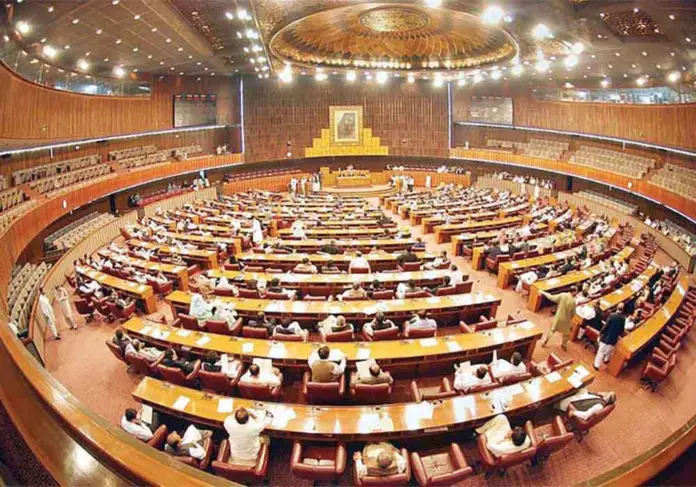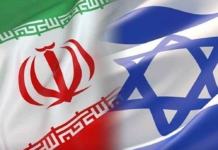My endeavor to write on issues that sound so domestic or homely but are unfamiliar to the average person leads me to the debate over the parliamentary form of government versus the presidential form of government. I claim with confidence that the majority of people debating the issue cannot list down the pros and cons of both adequately. Nor can I, but at least I am trying to bring out a few. The fragile democracy we dwell in is parliamentary in nature, in which successive governments have failed, or made to fail to deliver. And when nothing seems to be going right, we start discussing the presidential form of government. The world has seen monarchies, kingdoms, emirates, and sultanates, but two countries stand out as models of each form: the United Kingdom as parliamentary and the United States as presidential.
The most common form of democratic dispensation in vogue around the world is the parliamentary form of government, which is characterized by representatives elected by the electorate, a leader of the house, a leader of the opposition, and enjoys the confidence of the majority. It all sounds so familiar to us. What remains French to us is the presidential system of government, where the executive governs through a separation from the legislature. The legislature cannot dismiss the executive as provided for by the parliamentary system. The president is the chief executive who chooses his ministers and secretaries, not usually from the legislature.
Some differences between the two must be comprehended. Foremost is the separation of the executive from the legislature, providing for a separation of powers between the two. In a parliamentary system, power is concentrated in the legislature. Under normal circumstances, even if the president’s political party loses a majority in either or both houses, the upper or lower, the president shall retain its position. On the contrary, in parliamentary democracy, in such an eventuality in the lower house, the PM ceases to be the leader of the house and hence loses the slot. In a presidential system, the president is the head of the government as well as head of the state, whereas, in a parliamentary system, the prime minister heads the government, and the president or a constitutional monarch (figure head) heads the state. Who votes for whom in which system holds the key. In a presidential system, the people elect the executive branch, including the chief executive, and also vote for the legislature branch separately, whereas, in a parliamentary system, the voters vote for the legislature, which in turn elects the chief executive.
With this background, we need to know the implications of the much-touted presidential form of government for Pakistan based on some brainstorming on successful points. Do these two systems represent alternatives to one another or do they still hold some common ground? Should parliament cease to exist if the presidential system is invoked? The effect on the federation of the presidential system shall yield. What could be the effect of the presidential system on the role of the cabinet and bureaucracy? Should the pool of expertise available to the chief executive for incorporation into the cabinet be widened or further limited in the case of a changed system of government?
A basic study of the presidential system of government reveals that it does not take parliament out of the equation. And if it does, or for that matter, is made to act as a rubber stamp only, it is by no means a democratic dispensation in itself, but rather a precursor to an authoritarian regime or dictatorship. The legislature somehow remains an integral part of the presidential system of government. In the United States’ political system, the Senate (upper house) and the House of Representatives (lower house), collectively referred to as ‘Congress’, are examples of this. In a presidential system of government, governors are considered the chief executives of provinces and are inherently more independent of federal controls, thereby posing a problem to fragile federations like us.
Our economy in the recent past has been propelled by the availability of experts in the field, resurfacing at regular intervals in successive governments. Were they directly elected parliamentarians or incorporated as technocrats only to be made senators subsequently? The latter has been the case, therefore the assertion of the limited scope for experts in the field to be nominated to the cabinet in the parliamentary system seems to be flawed too, and it does not remain exclusive to the presidential system only. Bureaucracy is likely to attain more powers once working on the whims of cabinet members who are not bound to go back to the electorate on completion of their tenure, as in the presidential system. Such a centralized power reservoir would inhibit the devolution of power through strong local governments. With our issues of rampant corruption, nepotism, system inefficiencies, the rusted justice system, and the famous same page, torn every now and then, a revamp and reform of the parliamentary system, in my view, is the only option. Prepare the nation for grass-roots democracy and the rule of law to take effect rather than experiment with different systems. I may be wrong, but I don’t know what the fuss is all about.







